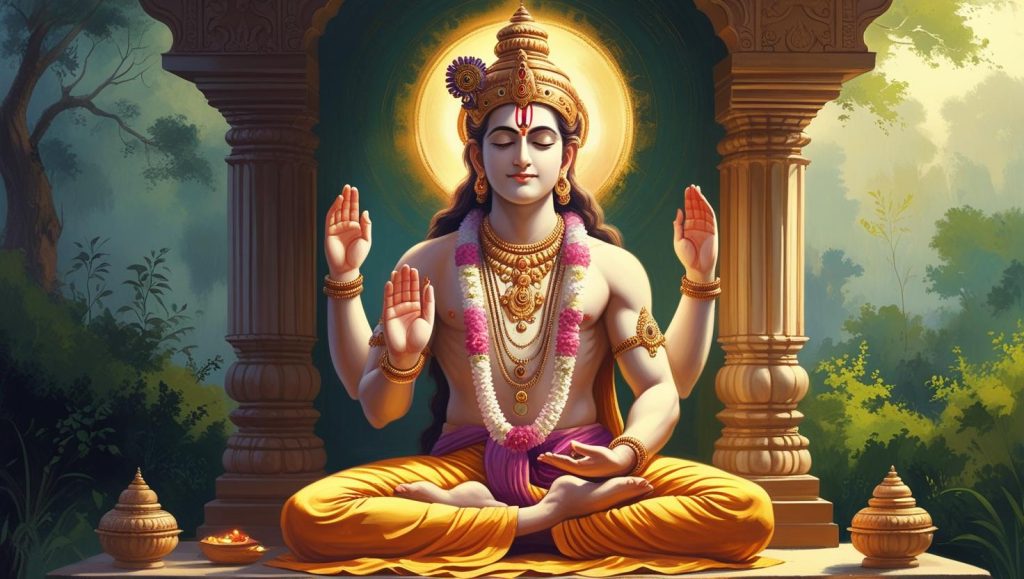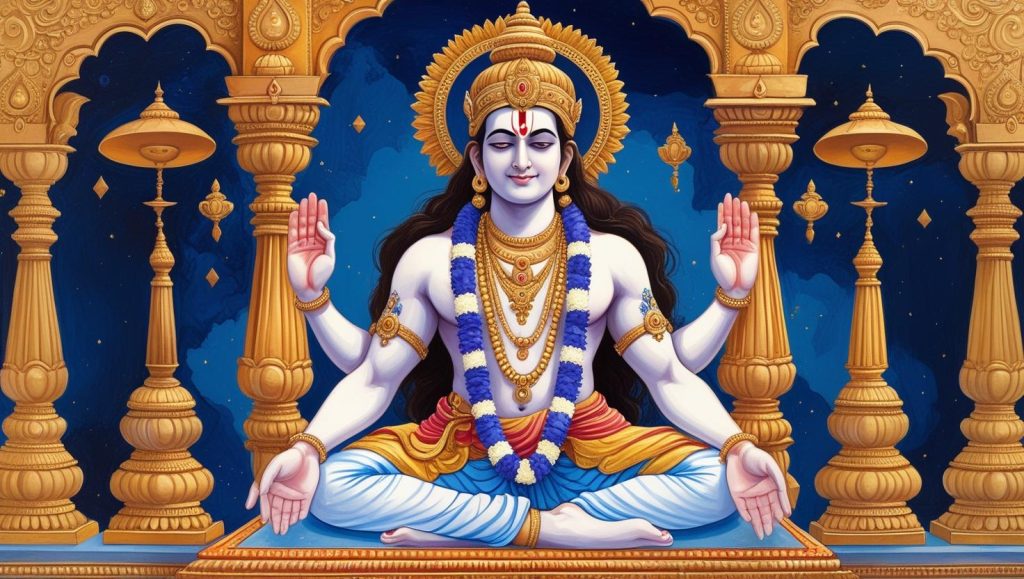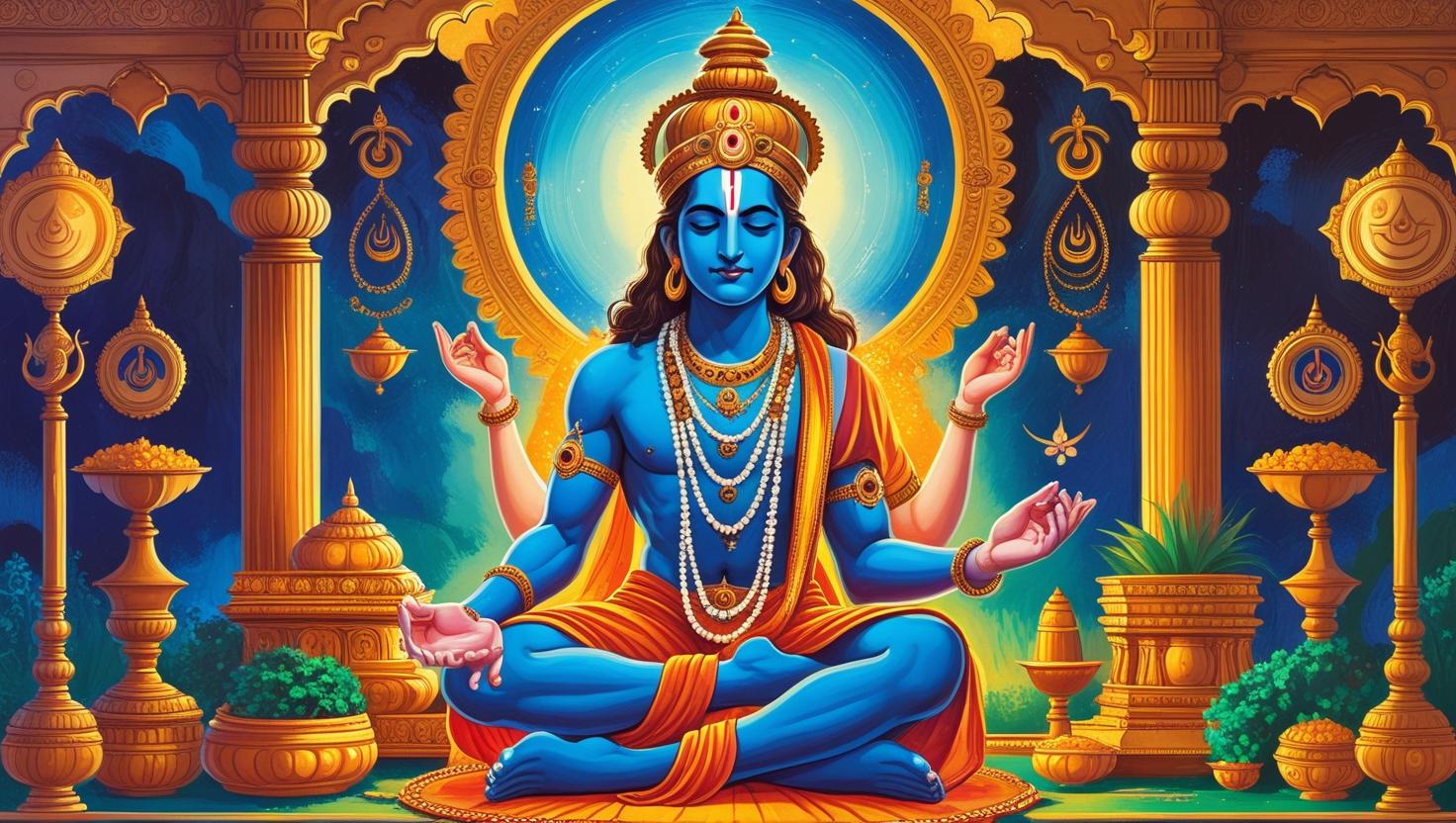In Jain Dharma, Tirthankars are revered as spiritual leaders who illuminate the path of salvation for all beings. Among the 24 Tirthankars, Bhagwan Sambhavnath holds a sacred place as the third Tirthankar, symbolizing eternal values of peace, non-violence, and detachment. His life and teachings continue to guide spiritual seekers across generations, reminding us of the true purpose of human life—liberation (Moksha).
Symbolism of Sambhavnath Bhagwan
- Emblem: The Horse, representing strength, grace, and forward movement on the spiritual journey.
- Posture: His idol is usually depicted in Padmasana (lotus posture), symbolizing meditation, stability, and inner stillness.
- Teachings: His emphasis on compassion and equality signifies that every soul, regardless of form or status, has the potential to achieve liberation.

Core Spiritual Significance
- Embodiment of Ahimsa (Non-violence)
Bhagwan Sambhavnath emphasized the practice of absolute non-violence—not just in actions, but also in speech and thoughts. This principle is central to Jainism and vital for harmony in the world. - Path of Detachment
His life reflects the truth that material possessions and pleasures are fleeting. Spiritual progress requires detachment from worldly desires and focus on self-realization. - Equality of All Souls
Sambhavnath Bhagwan taught that every soul—whether human, animal, or microscopic life—carries the same divine potential. This reinforces Jainism’s inclusive vision of universal respect and compassion. - Guide to Liberation (Moksha)
His journey from a royal prince to an enlightened Tirthankar signifies that liberation is possible for anyone who follows the Three Jewels of Jainism:- Right Faith (Samyak Darshan)
- Right Knowledge (Samyak Gyan)
- Right Conduct (Samyak Charitra)
Relevance in Today’s World
In an age marked by conflict, materialism, and stress, Sambhavnath Bhagwan’s teachings provide a timeless remedy:
- Practicing Ahimsa can reduce violence and promote peace.
- Cultivating compassion builds harmony within families and societies.
- Embracing detachment fosters mindfulness and inner contentment.

Conclusion
The spiritual significance of Bhagwan Sambhavnath lies in his eternal message that true happiness does not come from wealth or power but from compassion, self-control, and liberation. His life is a living testimony to Jain Dharma’s core values, inspiring us to walk the path of truth, peace, and Moksha.


